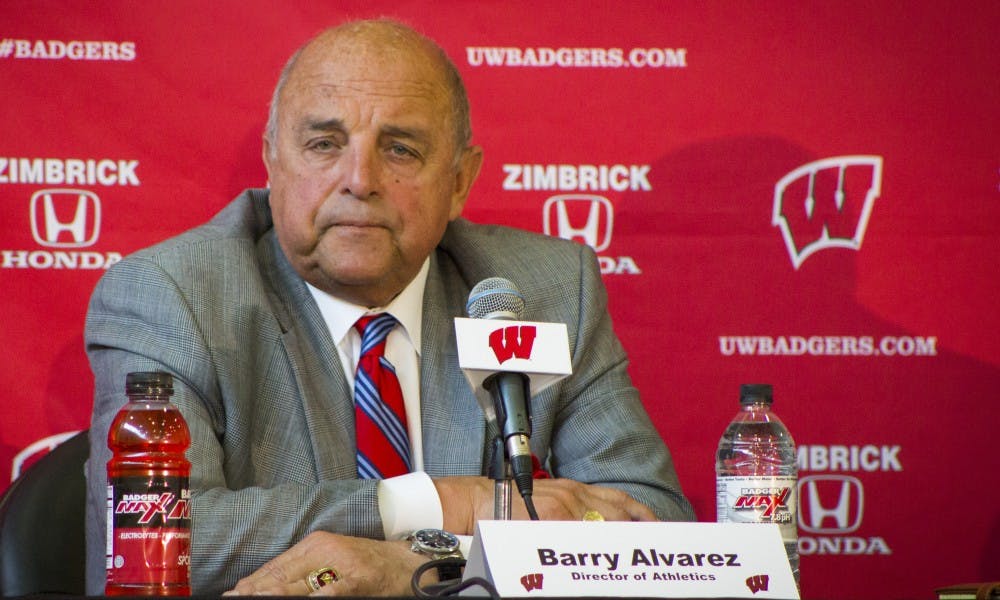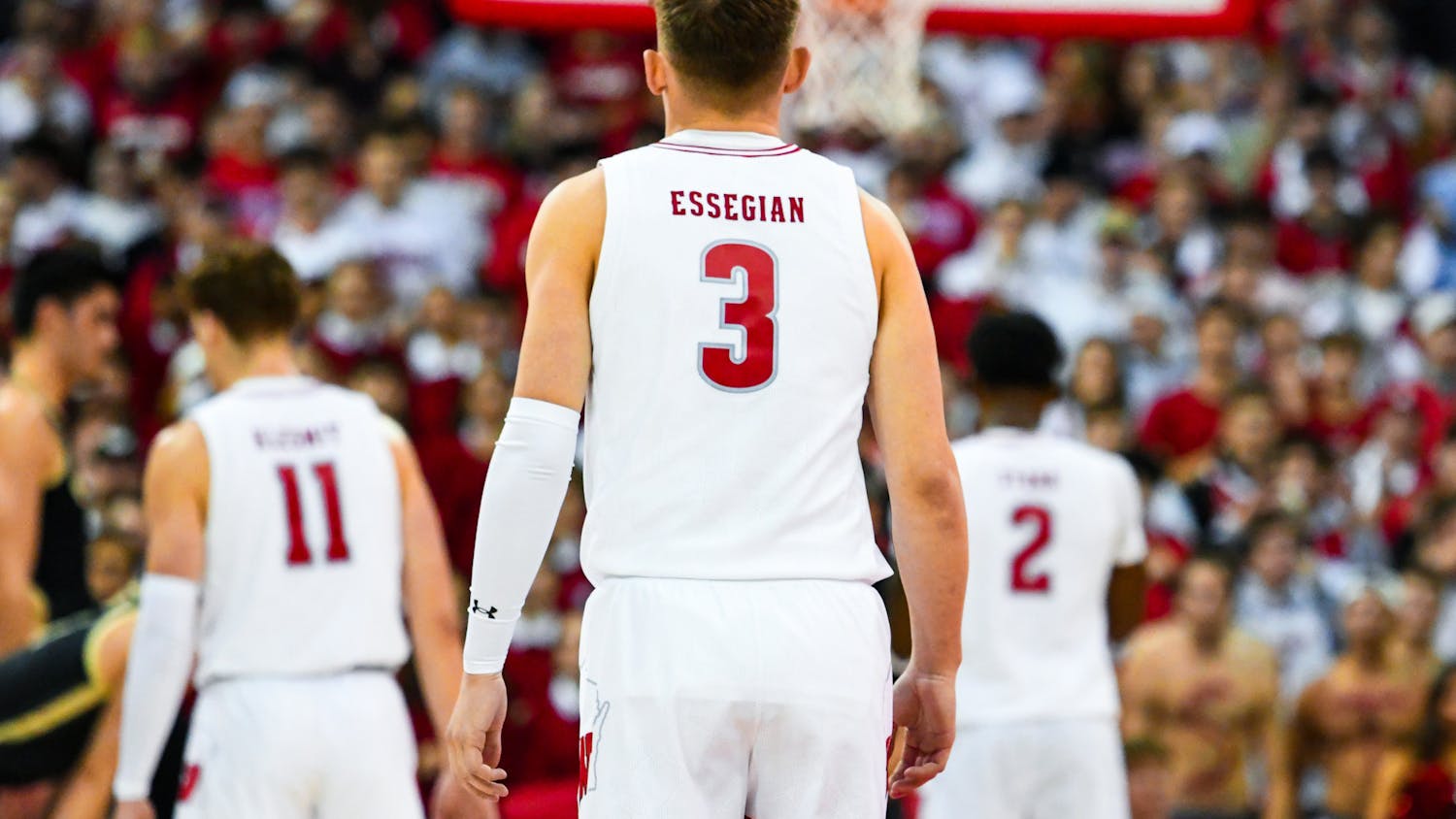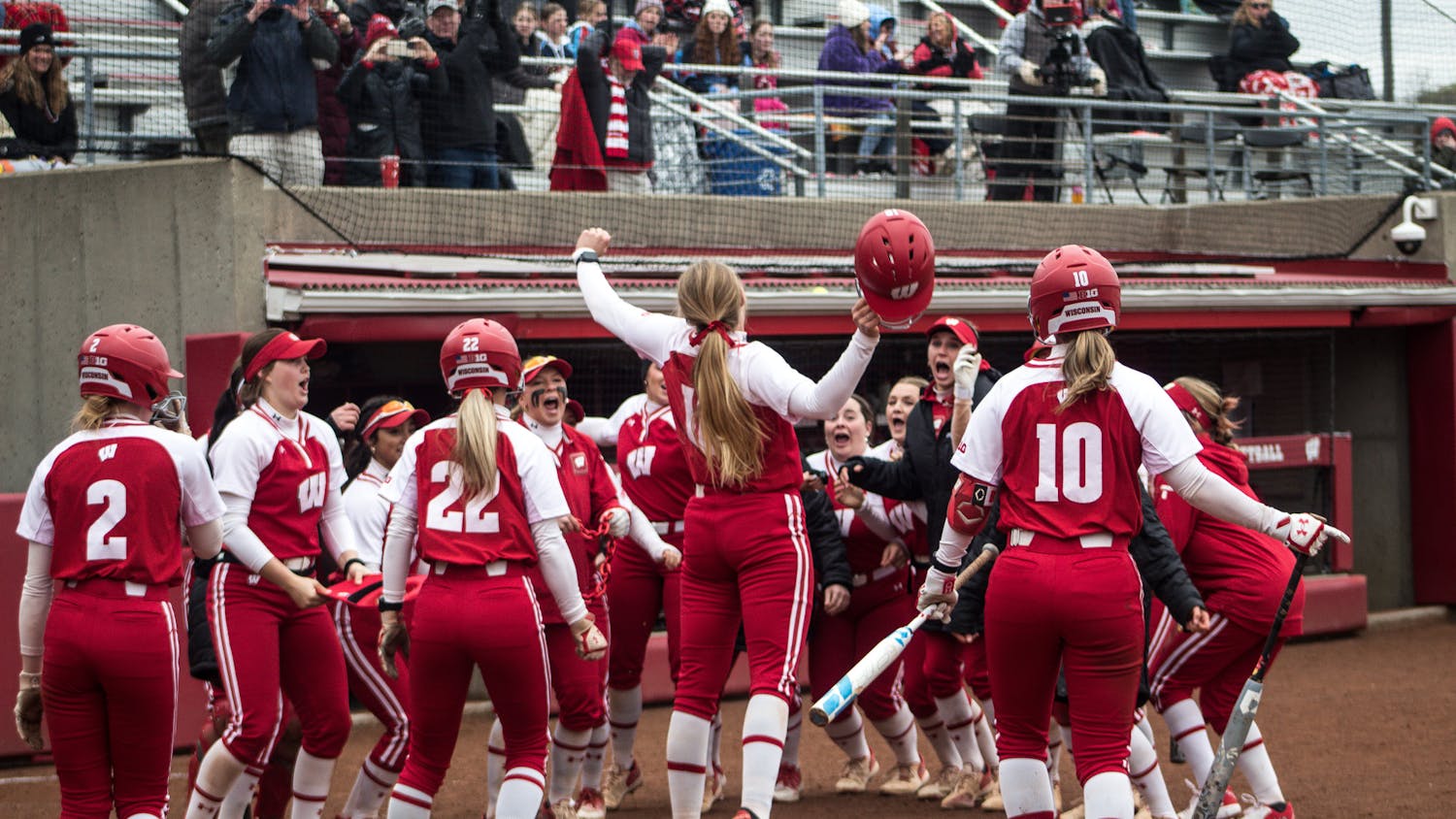On March 16, 2015, Wisconsin Athletic Director Barry Alvarez received a phone call from an Ohio number that he didn’t recognize. He assumed it was from one of his former football players, but he wasn’t certain of it.
The call, as it turned out, was from former Wisconsin linebacker Chris Borland. Borland was mere weeks away from completing his rookie season with the San Francisco 49ers and just over a year removed from winning Big Ten Defensive Player of the Year, the Butkus-Fitzgerald Linebacker of the Year Award and being named a First-team All-American at Wisconsin.
But despite his accolades, Borland was calling Alvarez to tell him he was retiring from football as a result of head-related medical concerns.
“I was really worried Coach that you were going to be upset with me,” Alvarez recalls Borland saying.
“Why would I be upset that you don’t want to play pro football,” Alvarez responded. “That’s your choice.”
Speaking Sunday morning at the inaugural Capital Times Idea Fest, Alvarez acknowledged just how important football has been to his life. But despite what it has brought him, he has hesitations about the sport’s future.
“I love the game, and everything that I have been given in my life is because of football,” he said. “And I’m concerned and everybody in our business is concerned about football and the business of football.”
Football, according to Alvarez, accounts for two-thirds of UW-Madison’s athletic department income. It is the university’s most popular sport, and in many ways the culture that Alvarez created when he took over the football program in 1990 is now infused in UW’s other athletic programs.
Alvarez is also aware of the effects that recent scientific research has had on the number of athletes playing the sport, as well as how coaching has changed as a result.
“I think we are trying to address the concussion issue through the rules of the game. How you teach the game. How you start teaching the game. How to tackle and eliminate the head contact,” Alvarez said. “I’m concerned that in some areas there’s not enough interest in junior high football.”
In 2015, participation in tackle football by boys ages 6 to 12 had fallen by nearly 20 percent since 2009, according to the Sports and Fitness Industry Association. In January 2017, USA Football, the national governing body for amateur football, announced that it was intending to introduce a drastically altered youth football game that brings the game closer to flag football in an effort to avoid much of the violence of the current version.
Rule changes and equipment adjustments have also been made at the college level. Despite this, though, Alvarez’s concerns seemingly won’t be going away anytime soon.
“We don’t celebrate the physicality in the same way,” Alvarez said. “We’re trying to address the [safety concerns]. And I think we will continue to address that.”






